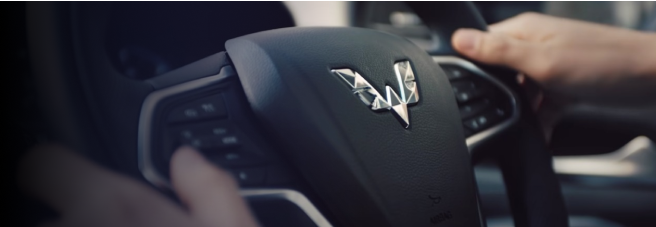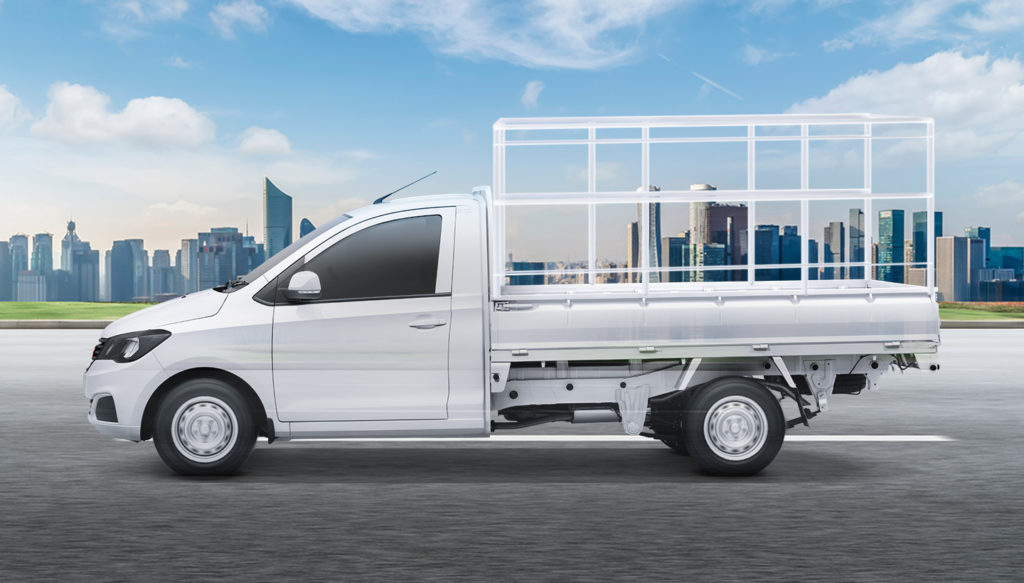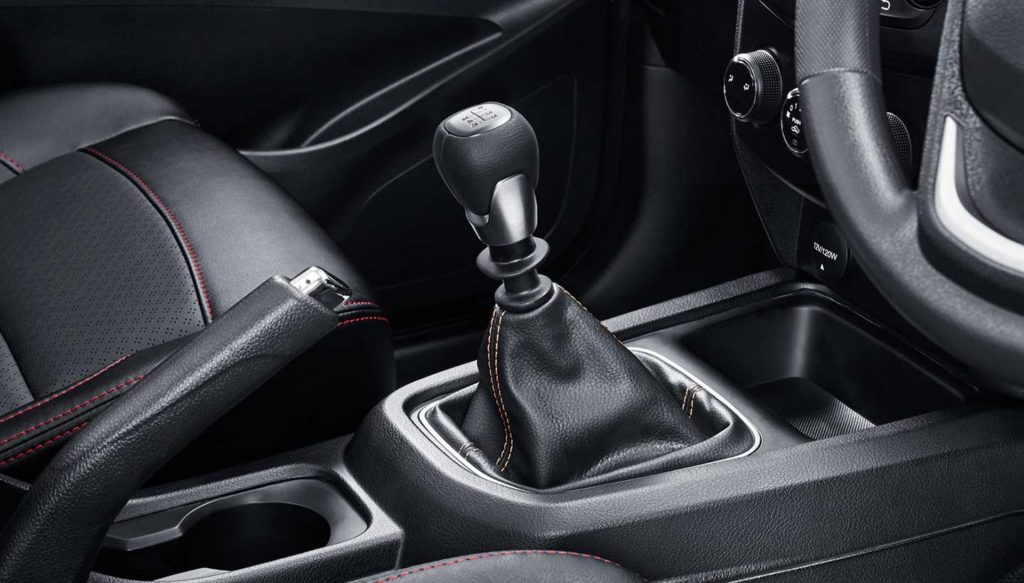Understanding Vapor Lock, a Dangerous Condition in Car Brakes

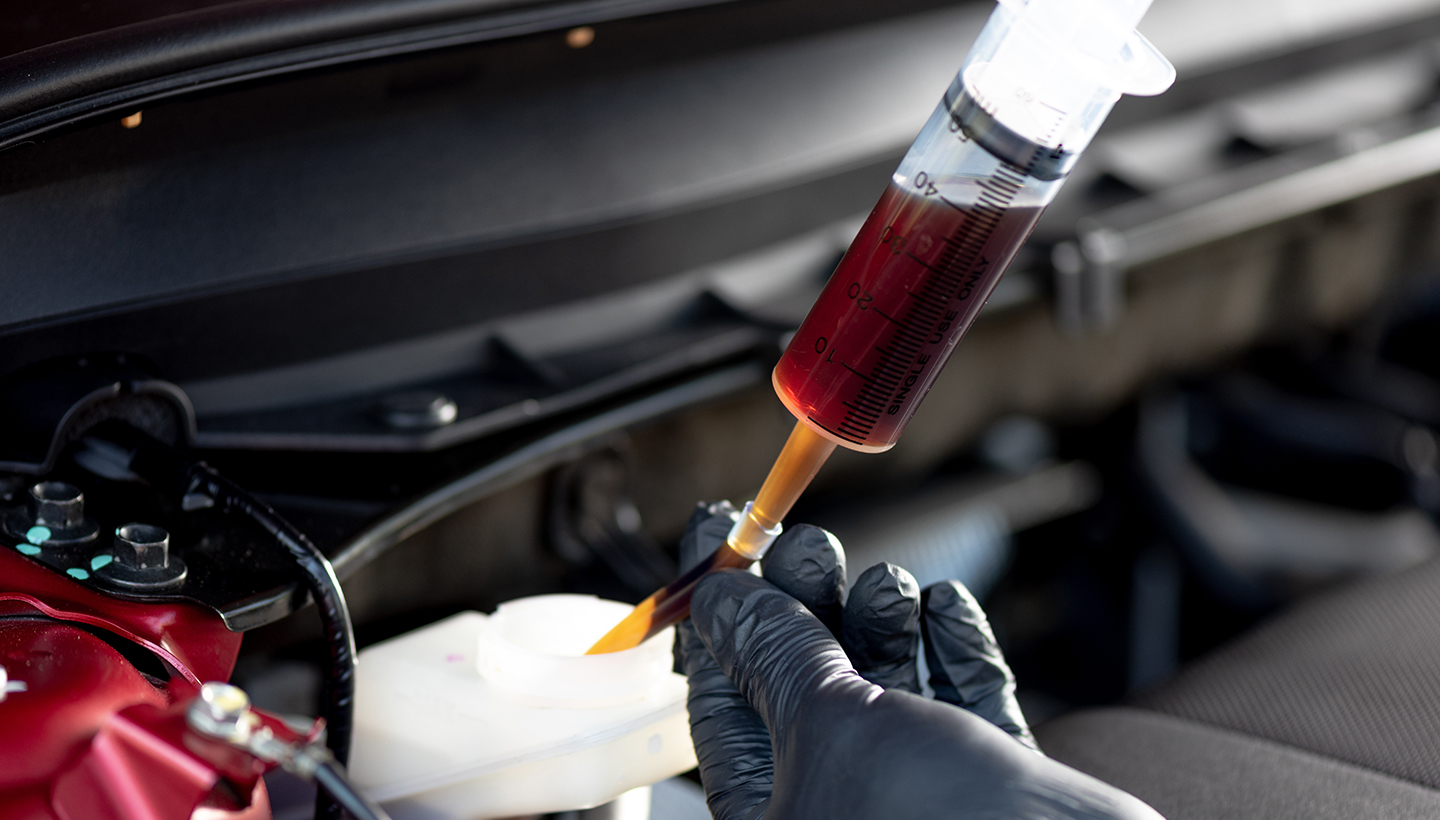
Vapor lock is a term used to describe brake failure in the motor vehicle braking system. This condition can happen to anyone and is often encountered when a vehicle is descending. The braking system is a crucial component of motor vehicles. To control the speed of a vehicle, a well-maintained braking system is essential to prevent issues in the future.
Vapor lock usually occurs due to the owner's neglect of their vehicle's braking system. If the car's braking system is well-maintained, the likelihood of a vapor lock occurring while driving on the road will be significantly reduced.
Therefore, to prevent accidents caused by vapor lock, it is necessary to pay close attention to the condition of the vehicle, especially the braking system, as prevention is always better than dealing with an accident later on.
Vapor Lock and its Causes
Vapor lock is typically characterized by the suboptimal functioning of the braking system. This condition usually occurs when drivers continuously use the brakes due to descending and deteriorated road conditions.
Continuous operation of the braking system raises the temperature of the brake oil. The elevated temperature causes the brake oil to evaporate. As the fluid turns into vapor, it hinders the proper functioning of the pressure regulator.
The mixture of vapor and liquid brake oil can lead to brake failure. Once this happens, numerous motor vehicles, especially cars, may experience accidents due to the suboptimal performance of the braking system.
Baca Juga
Moreover, when a car is descending on a steep road at high speeds, it becomes challenging to control. In the worst-case scenario, this situation can result in a chain reaction of accidents, causing extensive damage to many vehicles.
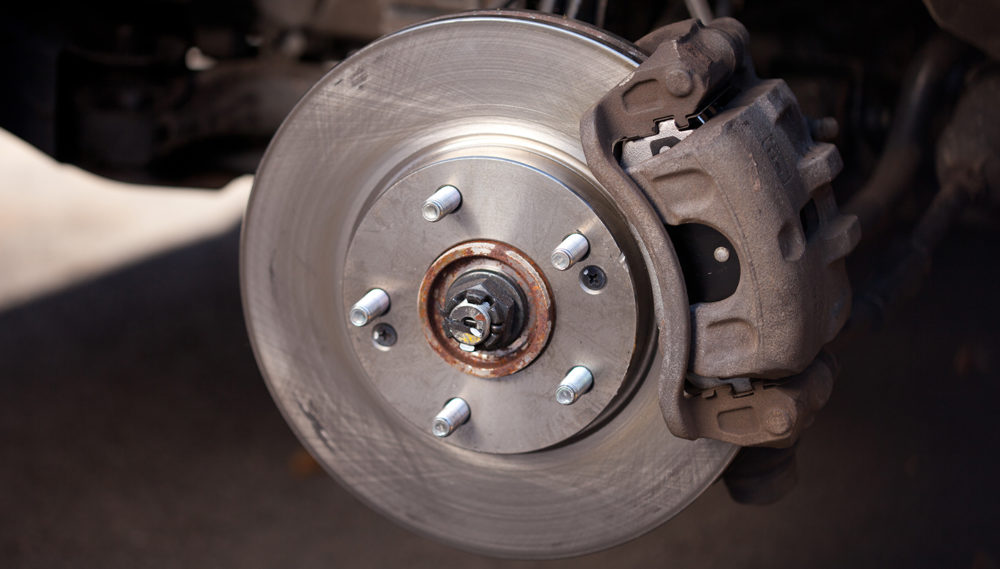
Dangers of Vapor Lock in Cars
The situation of the vapor lock is highly perilous and can lead to fatal accidents. This condition often becomes the cause of single or even multiple accidents, as seen on highways or descending roads.
The elevated temperature in the braking system causes brake failure, rendering the car uncontrollable. This becomes even more challenging when the vehicle is moving at high speeds.
The difficulty in controlling the vehicle due to vapor lock results in drivers colliding with road dividers and other vehicles in front of them. The worst-case scenario involves chain-reaction accidents that can lead to severe damage and loss of life.
To prevent such incidents, regular maintenance and attention to the car's braking system are crucial. If a driver senses any suboptimal performance in the braking system, it is advisable to conduct a thorough inspection.
Preventing Vapor Lock
Baca Juga
Prevention is always better than dealing with the aftermath of a vapor lock-induced accident. To prevent such a condition, there are several measures that can be taken, as outlined below:
-
Regular Brake Fluid Maintenance
To ensure the braking system operates optimally, regular maintenance is essential. Brake maintenance is straightforward and involves periodically changing the brake fluid and brake pads.
Typically, brake fluid replacement is done every three years or after covering a distance of around 40,000 km. Pay attention to the quality of the brake fluid used; higher quality ensures a more comfortable and safer driving experience. Additionally, always check the condition of the brake pads during each maintenance session, replacing them if they are worn thin.
-
Ensure the cooling system functions properly
High temperatures can lead to problems in a vehicle, affecting not only the engine but also the braking system. Therefore, a properly functioning cooling system is crucial to preventing issues.
If the cooling system malfunctions, both the engine temperature and brake fluid temperature may rise, leading to vapor lock. Car owners are advised to periodically check their vehicle's cooling system.
-
Decelerate Using Engine Brake
Navigating rough terrain and downhill roads often necessitates intense use of the braking system. Continuous use of brakes can elevate their temperature. To avoid excessive use of the braking system, drivers can decelerate using the engine brake. When descending, drivers can rely on the engine brake to reduce the vehicle's speed.
For manual car drivers, position the transmission lever in gear 1 or 2 when encountering downhill roads. Meanwhile, drivers of automatic transmission cars can use gears D or M and engage a lower gear for descent.
Vapor Lock in the Gasoline Fuel System
Vapor lock doesn't only affect the braking system; it also occurs in the gasoline fuel system. The phenomenon remains the same: when the liquid evaporates, it disrupts the proper functioning of the system.
In the gasoline fuel system, vapor lock occurs due to an increased formation of gasoline vapor, ultimately obstructing the fuel flow from the fuel pump. This event can lead to engine stalling or difficulty starting, commonly known as vapor lock, which tends to happen in hot weather.
This concludes the explanation of the dangers of vapor lock if it occurs in your car's brake system. Ensure to regularly check and service your car to prevent such issues.
SHARE:











